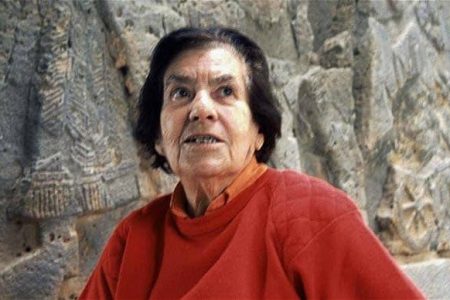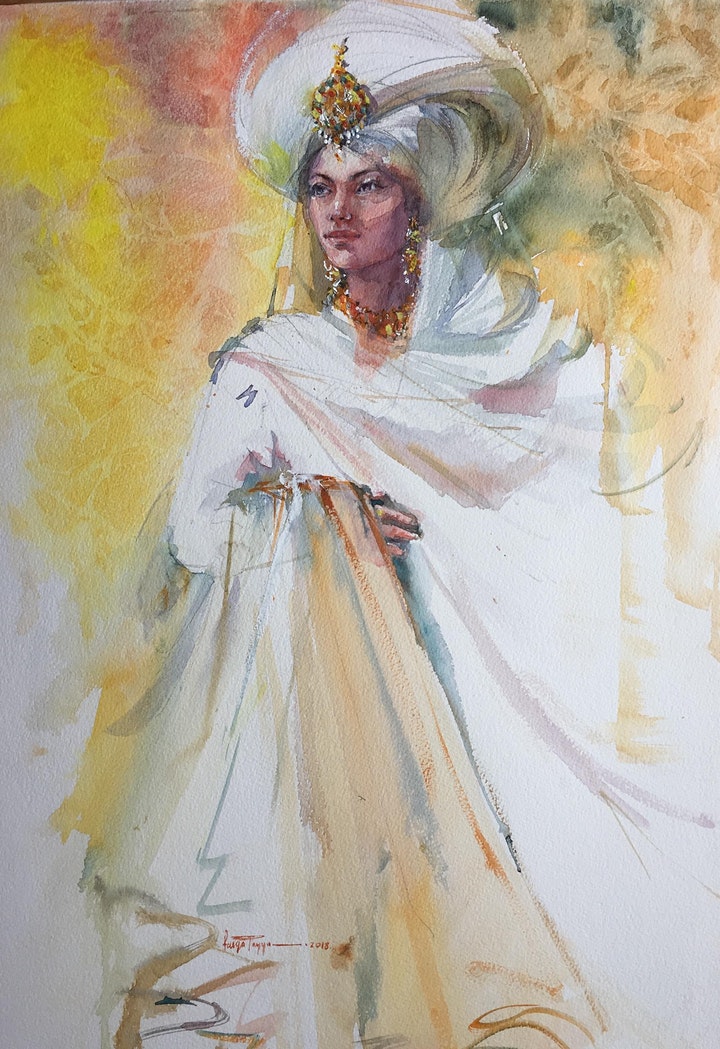Her marriage to the Prophet (PBUH) took place in Sha’aban on the third year of the Hijra (and not after Uhud as commonly thought) at the age of 21 or 22 till his death when she was 27. She loved the Prophet (PBUH) dearly. After her marriage to the Prophet (PBUH), she had an inquisitive nature, often immersed herself in studying the deen, and would engage him and ask him questions about the deen. On one such incident, during Hajj, she asked the Prophet (PBUH) why he was still in Ihram, while he had instructed the sahabah to take off their Ihram. Then the Prophet (PBUH) replied that he couldn’t remove his Ihram until his sacrificial animals were slaughtered. And from this incident the fatwa was obtained, about a type of Hajj (Qiran) where the one doing Hajj couldn’t remove the Ihram, until the animals were sacrificed, as opposed to another type of Hajj called Tamattu’.










